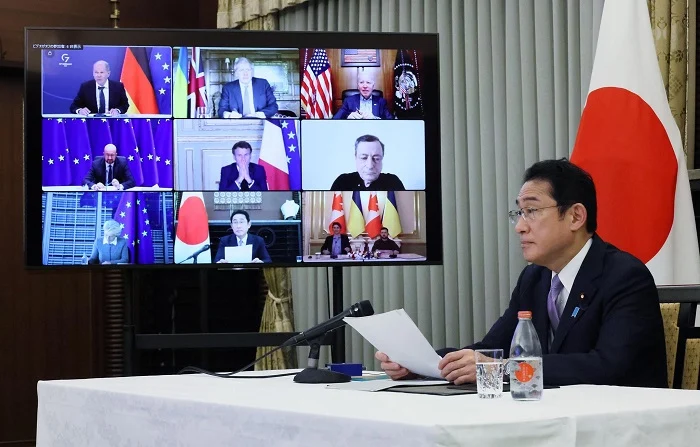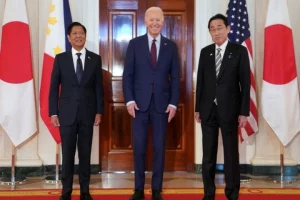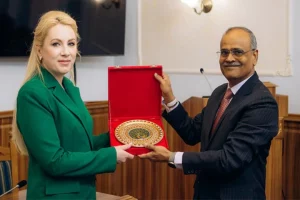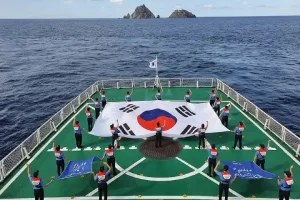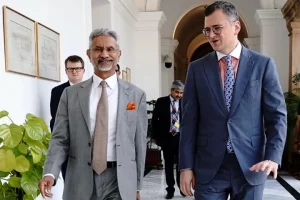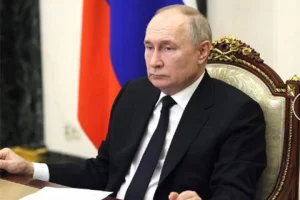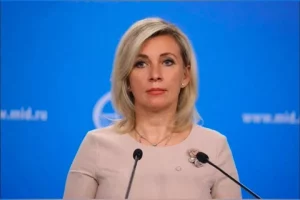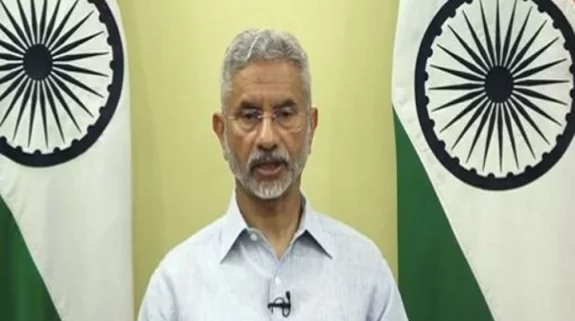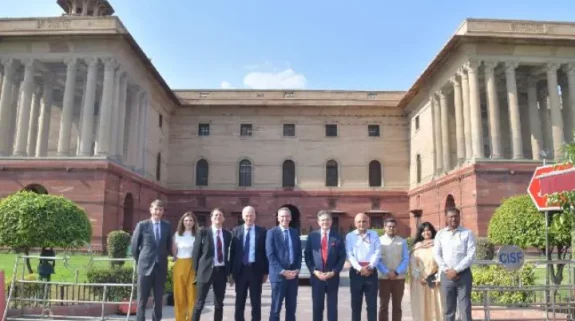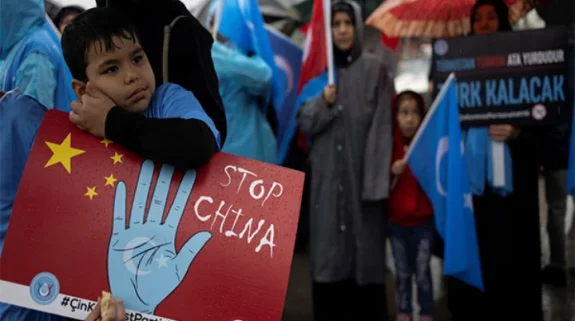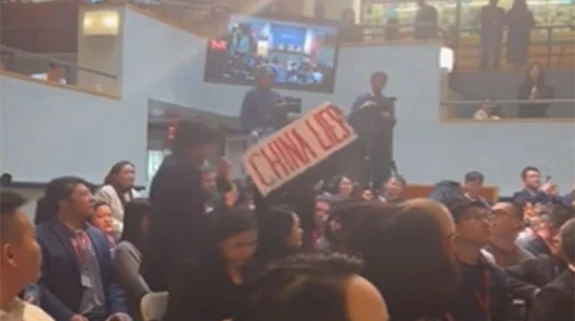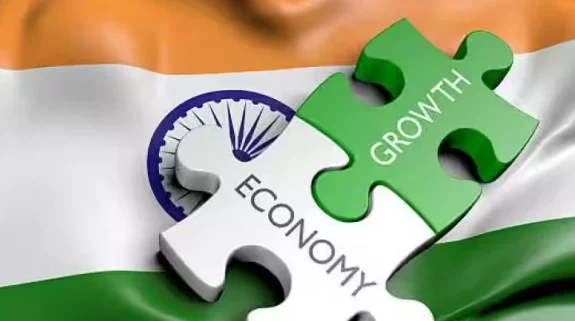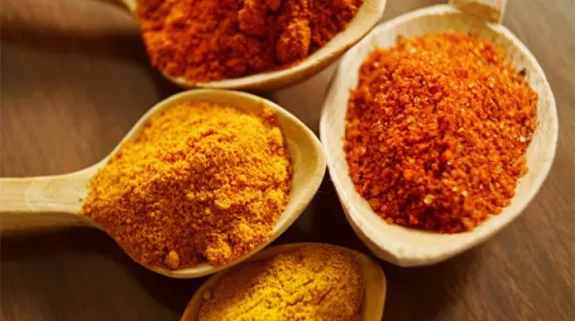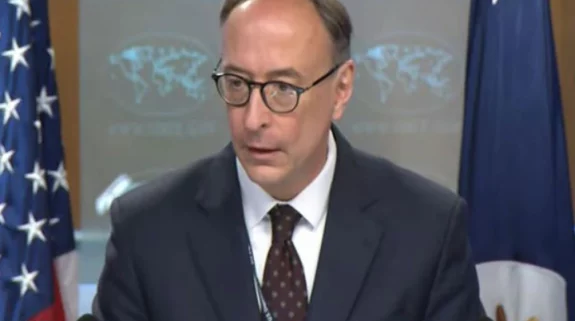Calling it a tough decision for his country, Japanese Prime Minister Fumio Kishida has said that phasing out or banning the import of Russian oil due to the ongoing Ukraine conflict will "take time" and that Tokyo has no plans as of now to back out from large oil and gas extraction projects with Moscow in the Russian Far East.
Kishida made the comment in Tokyo on Monday morning, only a few hours after attending the Group of Seven (G7) Summit video conference which lasted for about 70 minutes from midnight (Japan time).
The meeting was held at the behest of Germany, which holds the G7 presidency this year, and was attended by the leaders of G7 countries and also the President of Ukraine, Volodymyr Zelenskyy.
In a joint statement released today, the G7 leaders committed to phase out dependency on Russian energy, including by phasing out or banning the import of Russian oil in "timely and orderly fashion", and in ways that provide time for the world to secure alternative supplies.
Calling for the unity of the G7 countries, Kishida stated that Japan's "determination to stop Russia's invasion and protect the international order" remains unchanged.

A file image of Russian President Vladimir Putin meeting Fumio Kishida, the then Minister for Foreign Affairs for Japan, in Saint Petersburg on December 2, 2016 (Courtesy: Kremlin.ru)
"Prime Minister Kishida has made a very tough decision for Japan, which relies on imports for oil as a major source of energy resources, but it is a time when the unity of the G7 is of utmost importance. He introduced that he decided to take measures to ban the export of oil produced in principle," said the Japanese Foreign Ministry.
However, Kishida told local media today that Japan would consider the reduction of oil imports and the timing of suspension based on the actual situation in future so that it has minimal negative impact on the country's economy.
Japan’s leading publisher of business and financial news, Nikkei also quoted Kishida as saying that Japan will keep stake in Russia's Sakhalin oil, gas projects.
"Regarding alternative energy, he emphasized that 'restarting nuclear power plants will proceed while giving top priority to safety.' The Japanese government and companies have stated that 'the policy of maintaining interests remains unchanged' over Sakhalin 1 and 2, a resource development project that mine oil and natural gas in Russia," reported Nikkei.
Over the last many years, both Japan and Russia have had a common understanding on the importance of progress in cooperation concerning development and transportation of energy resources in East Siberia and the Far Eastern regions, and in particular the construction of an oil pipeline to the Pacific coast of the Russian Federation.
Meanwhile, the European Union which had vowed to "cut even deeper in the Russian economy" after the imposition of an import ban on coal from Moscow, is facing stiff resistance from some countries, including Hungary and Slovakia, to push for a complete ban on imports of Russian crude and refined fuels.
"Let us be clear: it will not be easy. Some Member States are strongly dependent on Russian oil. But we simply have to work on it. We now propose a ban on Russian oil. This will be a complete import ban on all Russian oil, seaborne and pipeline, crude and refined," said European Commission President Ursula von der Leyen at a plenary on the social and economic consequences for the EU of the Russian war in Ukraine, last week.
"We will make sure that we phase out Russian oil in an orderly fashion, in a way that allows us and our partners to secure alternative supply routes and minimises the impact on global markets. This is why we will phase out Russian supply of crude oil within six months and refined products by the end of the year," she added.
Also Read: Don't blame us for the global food security crisis, Russia tells world






